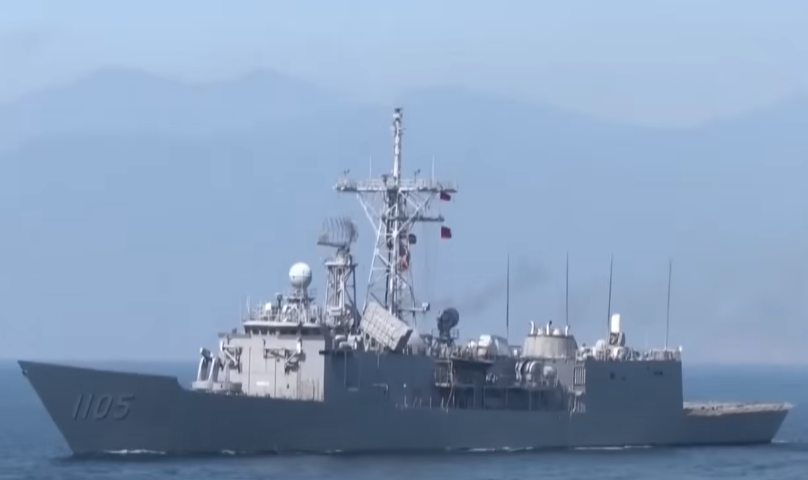The United States military said on Sunday that fighter jets from the US military had intercepted an anti-ship cruise missile that was headed toward a US warship in the Southern Red Sea from Houthi-controlled territory in Yemen.
The interception, conducted midair, represents the latest incident in the Red Sea, where Houthi forces have been targeting international shipping. They claim it is part of a campaign to support Palestinians facing Israeli forces in Gaza. (https://magroove.com)
The United States Central Command (CENTCOM) stated that there were no reported injuries or damage resulting from the incident. The missile was reportedly shot down near Yemen’s port city of Hodeidah.
This development follows a series of American and British airstrikes on Houthi targets in Yemen, eliciting warnings of a strong response from the Iranian-backed militia.
CENTCOM released the information through a statement posted on the social media platform X but did not immediately respond to queries seeking additional details about the interception.
Houthi Complaints on United States Aircraft Proximity

On the same day, earlier in the day, Houthi representatives lodged a complaint regarding US aircraft’s proximity to Yemeni airspace and coastal regions, characterizing it as an infringement on national sovereignty. They expressed concern about what they perceived as a violation of their country’s territorial integrity.
The situation in the Red Sea has escalated tensions over a broader conflict in the Middle East, extending beyond the Gaza Strip, where Israel is conducting airstrikes to dismantle the Palestinian militant group Hamas. Similar to the Houthis, Hamas enjoys support from Tehran.
On another front, pro-Palestinian activists protested at the gates of RAF Akrotiri in Cyprus, expressing their discontent over the British base being used as a launch pad for strikes against the Houthis.
Natalia Olivia, representing the Cyprus-based United for Palestine organization, condemned the UK government’s alleged complicity in supporting Israel’s actions in Gaza.
These developments underscore the complex geopolitical dynamics in the region and the interconnectedness of various conflicts that continue to impact international relations.


Comments are closed.